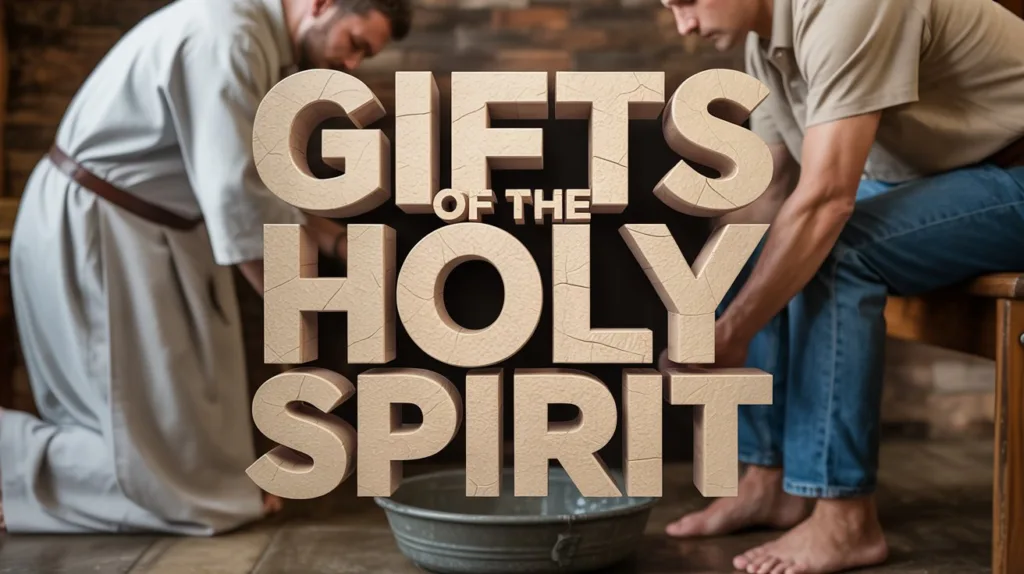Trumpets, particularly the shofar, a ram’s horn, hold significant meaning in Scripture and were used for various religious, ceremonial, and military purposes in Israel. The use of trumpets is commanded and described in both the Law and the prophets.
In Numbers 10:1–10, God instructed Moses to make two silver trumpets for summoning the congregation and directing the movement of the camps. One trumpet signaled the leaders; both summoned all the people. They were also sounded in times of war, celebration, and at the beginning of feasts, especially on the new moons and appointed festivals.
The shofar had particular significance. Leviticus 23:24 commands the sounding of trumpets on the Feast of Trumpets, later known as Rosh Hashanah, a memorial of blowing of trumpets and a holy convocation. The Jubilee year was also proclaimed with the sounding of the shofar on the Day of Atonement (Leviticus 25:9–10).
The shofar was used in warfare, as when the walls of Jericho fell after the priests blew trumpets and the people shouted (Joshua 6:4–20). Gideon’s small army also used trumpets to confuse and defeat the Midianites (Judges 7:16–22).
Trumpets also announced the coronation of kings (1 Kings 1:39), the gathering of assemblies (Joel 2:15), and were used in prophetic calls to repentance and warning (Isaiah 58:1; Joel 2:1).
In the New Testament, trumpets are associated with eschatological events. At the rapture of the church, “the trumpet will sound, and the dead will be raised incorruptible” (1 Corinthians 15:52), and “the Lord Himself will descend from heaven with a shout, with the voice of an archangel, and with the trumpet of God” (1 Thessalonians 4:16). The book of Revelation describes seven trumpet judgments that signal divine wrath and the unfolding of end-times events (Revelation 8–11).
The trumpet, therefore, signifies both joy and judgment, celebration and warning. It is a call to worship, battle, repentance, and readiness, reminding God’s people of His voice, His presence, and the coming fulfillment of His promises.





 Get the book that teaches you how to evangelize and disarm doctrines from every single major cult group today.
Get the book that teaches you how to evangelize and disarm doctrines from every single major cult group today.